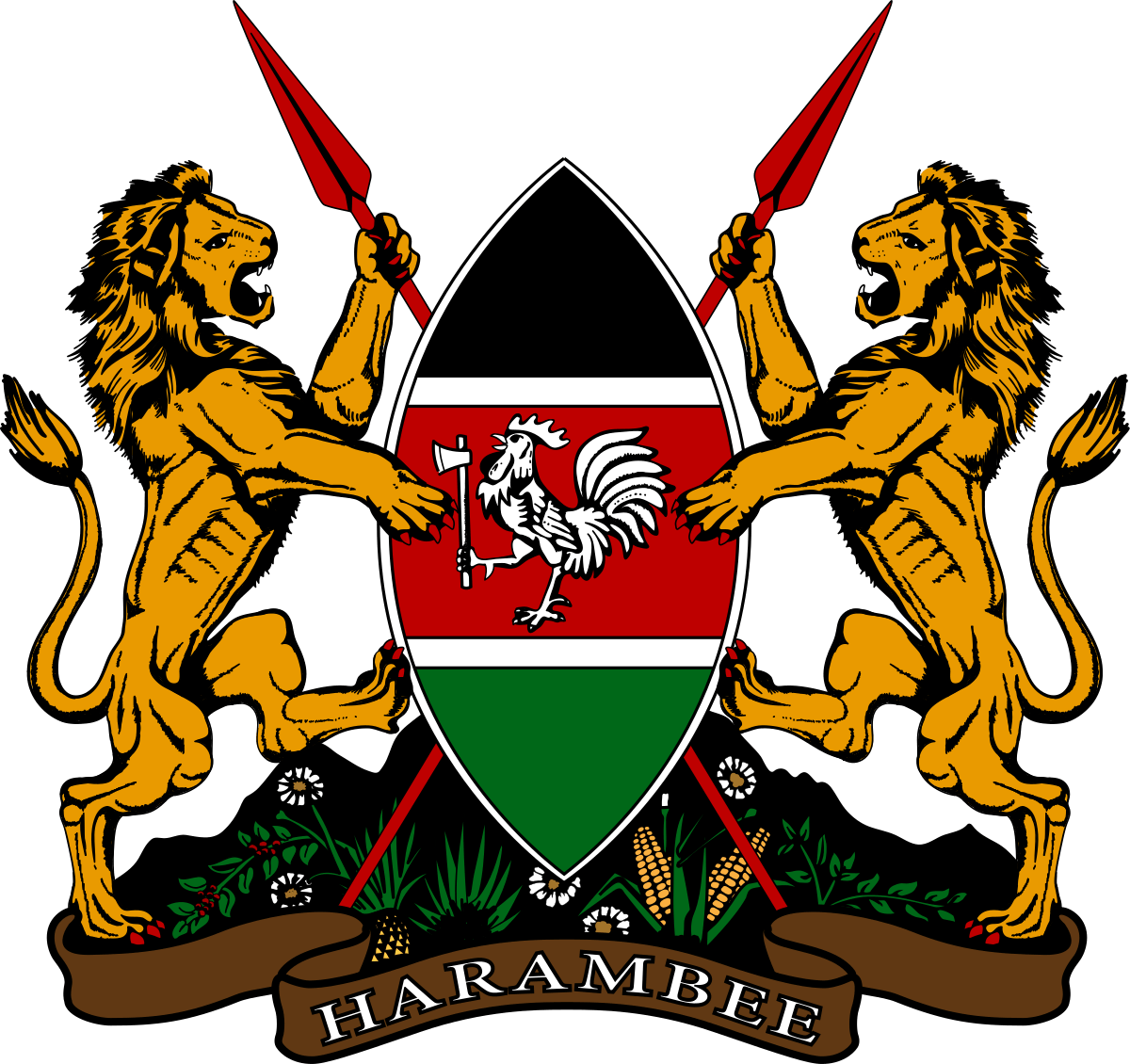
Remarks By Amb. (Dr.) Amina Mohamed, EGH, CAV, Cabinet Secretary For Sports, Culture And Heritage During The Launch Of The Ushanga Initiative Nunua Shanga Jenga Mama Beads Campaign, 17th December 2020 At The Kenya National Library Services, Nairobi, Kenya.
Josephta Mukobe, principal Secretary, State Department for Culture and Heritage,
Dr. Ademola Olajide, UNFPA Kenya Country Representative,
Mama Helen Nkaiserry, Chairperson, Ushanga Kenya,
Florence Waiganjo, Representative of CECs – CEC Kajiado County
Mr. Richard Ngatia, President, Kenya National Chamber of Commerce and Industry (KNCCI)
Eylip Yavuz Umutilu, Embassy of Turkey in Kenya
Dr. Loten Brown, Health Relief International Kenya
Jane Nampasu, Coordinator, Narok County
Ladies and Gentlemen,
I am delighted to join you this morning to launch the ‘Nunua Shanga Jenga Mama Beads Campaign’ to rally our people to buy beads from women during this festive season and to flag off Ushanga Kenya Training Material to facilitate upskilling.
The Ushanga Kenya Initiative is a National Government flagship project to empower pastoralist women involved in beadwork by transforming their traditional art into tradable commodities for significant economic benefit and sustainable livelihoods.
The Ushanga Initiative Community Model is anchored on mobilizing women into organized cooperative groups, providing infrastructure for production, and facilitating access to local, regional, and international markets.
This project is being implemented in seven (7) counties, namely; Samburu, Kajiado, Narok, West Pokot, Turkana, Baringo and Marsabit. It is a direct enhancer of the Big Four Agenda and an enabler of five (5) of the 17 Sustainable Development Goals (SDGs), i.e. to: End poverty everywhere; Ensure Inclusive and quality education for all and promote lifelong learning; Achieve gender equality and empower all women and girls; Promote inclusive and sustainable economic growth, employment and decent work; and Build resilient infrastructure, promote sustainable industrialization and foster innovation.
Pastoralist women’s beadwork has for a long time been exploited by brokers and middlemen who purchase their products for paltry amounts and export them to international markets for hefty prices without any accrued benefits or brand recognition to the primary producers.
The Ushanga Initiative is structured to empower these women by building the beadwork manufacturing and distribution ecosystem to cater for the entire production value chain from collection of beads, assemblage, branding, marketing, sale, investment and industrial scale.
Today, we are also launching training material to support skills development and upgrade to women in the Ushanga focus Counties. We will also train the women on ways to strengthen their businesses, upscale production capacity and connect them to ready markets for their products locally and internationally. It is time our mothers and daughters inspired the world with their creativity.
Ours is a holistic approach contained in the Ushanga Kenya Initiative Draft Policy incorporating views forwarded by critical stakeholders from the client Counties. This policy will strengthen supporting structures of the bead craft industry, promote commercialization and entrepreneurship, legalise and redefine the bead craft industry.
This project will also raise awareness on the cultural and economic value of the bead. I am especially grateful to UNFPA, Health Relief International Kenya, the Turkish Embassy and other development partners who have collaborated with us to harness the transformative power of this initiative.
In 2021, we aim to have trained 3,500 women to the level of master beaders. We have completed a design and production centre to incubate resulting businesses. Additionally, we are in the final phase of establishing infrastructure for e-commerce that will optimize business performance for the cooperatives and enhance sustainability.
The tools and beads procured will be distributed to 139 cooperatives cutting across the 7 Counties. The Government will ensure that the cooperatives can access raw materials, especially the beads, at a reasonable and affordable price. Our aim is to ensure that the exceptional skill and craft in Kenya’s beading industry is recognized, respected, and traded globally from Paris to Milan, Toronto to New York, Tokyo to Seoul, Dakar to Johannesburg, Cancun to Havana and in all the fashion capitals of the world.
I am confident that the partnership between the National Government, County Governments, Communities and Development Partners in the aforementioned Counties will secure the success and economic sustainability of the project for our common good.
Asanteni Sana
